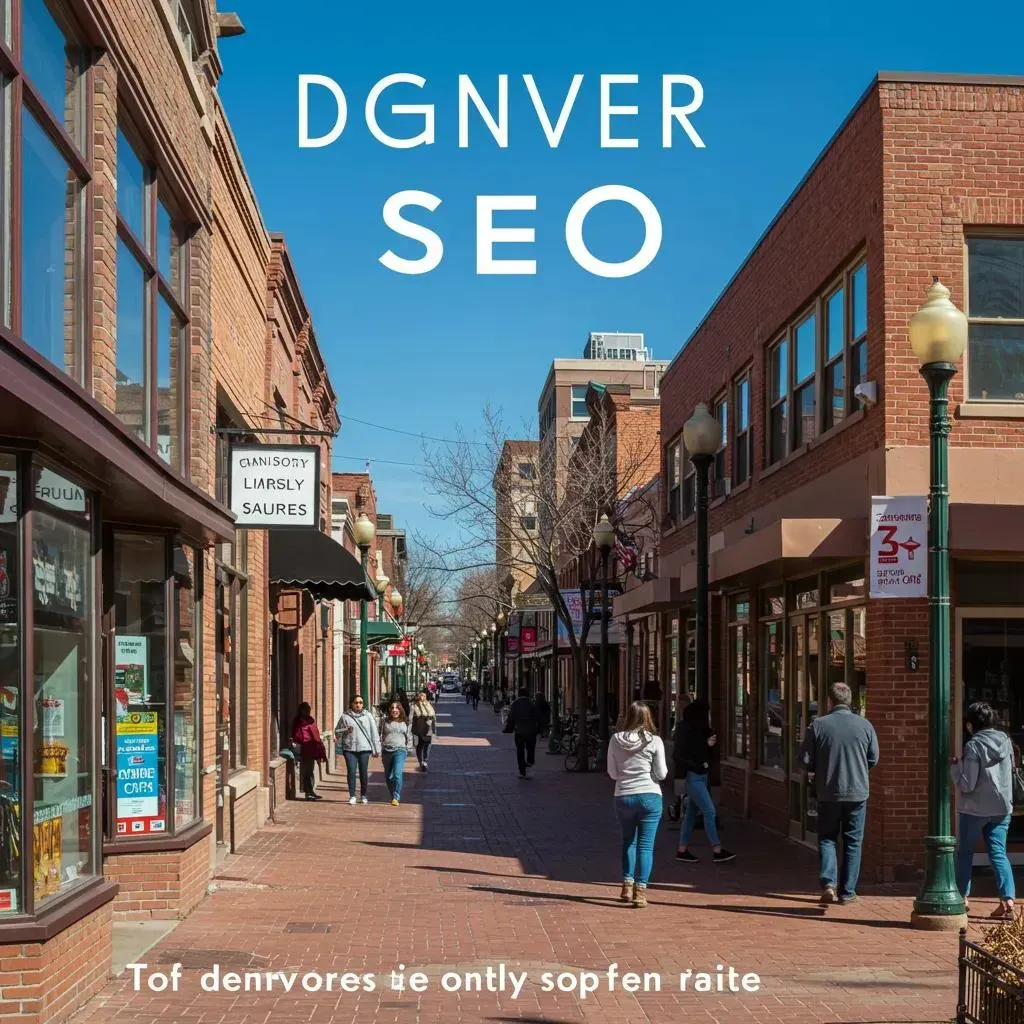3 Basic SEO Tips To Optimize Your Site

SEO is vital for many reasons. First, because most searchers are more likely to click the top suggestions otherwise known as the local three-pack in SERP. An SEO-friendly website will increase your chances of getting traffic, which could result in more business. Second, to improve your credibility and trust in you and your business, it is essential to be among the first top SERP suggestions. As people trust the search engines only to provide them with the best results, the closer you are to the top, the better.
Last, when comparing two websites that offer similar products and services, but have no apparent differentiation, the one with the best SEO practices will have more customers and visitors. So, having a search engine optimized website will increase traffic and trust and potential sales.
Here are 6 essential tips you could apply to create a website that visitors and search engines will love.
Build an SEO-friendly Website
Your website is the foundation of your business' online presence. To create a great user experience for your visitors, and make search engines easily find your content, here are some things you must consider.
User-friendly URLs
User-friendly URLs must:
- Describe your content
- Include keywords
- Be short
SEO and User-friendly URLs are the ones that are easy to read and describe the content of the web address. They are essential because short and straightforward URLs are more manageable for your visitors to remember. By following this step, you ensure that they can always return to the page without the need to crawl through your entire website.
Additionally, because search engines use web addresses to provide information on a specific page, having the appropriate keywords in the URL can help improve your page's ranking.
Page Speed
Page speed refers to the load time of the content of a page. Because Google has stated that site speed (thus page speed) is an
important factor in page ranking
, increasing your page speed should be one of your priorities. To do that, you can:
- Reduce redirects
- Improve server response time
- Minify CSS, Javascript, and HTML files
- Enable compression
- Enable browser caching
Device Compatibility
A vital part of all quality user experience is device compatibility. By making sure your website and contents are fully optimized for all types of devices your visitors could use, you are improving their user experience and giving them more reasons to stay on your site.
Create Quality Content
No matter how good looking or well-designed a website is, if the content it offers its visitors is not useful to them, they will not come back. It is, therefore, crucial to creating content that combines both value and quality.
To achieve SEO-friendly content, consider the following:
Focus on quality, not quantity
What question does your content answer? What purpose does it fulfill? To ensure that all the content you display on your website is really of quality, you must be able to define their use easily. Your visitors should leave the page with a feeling of satisfaction, having received an answer or solution to their request.
Quality content is not limited to written articles; it includes the graphic and images you display and the videos and audios you share. To create content that is of quality, you should:
- Research your subject or topic
- Create original content
- Make your content actionable
- Credit your sources
- Edit and review as needed
Avoid duplicate content
According to Google,
duplicate content
is "substantive blocks of content within or across domains that either completely matches other content or are appreciably similar."
In other words, when two or more pages of your website contain identical content, yet are found on different URLs, Google views them as duplicate contents. The problem with such content is that when search engines crawl through pages to index them, they will not know which one to include on the SERP. Because both copies are similar, the issue then is: which one is "correct"? Having to answer this question might then reduce both the visibility and ranking of your pages.
To avoid duplicate content on your website, you should canonicalize your pages. For that, you can:
- Use rel="canonical": It is a code that informs crawlers on which URL contains the original copy.
- Use 301's: Redirect your visitors from an old website page to the most accurate one, or the canonical URL.
- Minimize similar content: Make sure your content is unique and original to avoid duplicate content.
Engage with your community
Every time a new piece of content is published on your website, visitors might interact with it through shares, likes, and comments. To build a community of readers and create long-lasting relationships, make sure to reply to their comments and answer their questions.
This will make clients and prospects feel welcomed and heard as you build a thriving community.
Use Keywords Wisely
When it comes to optimizing your website, keywords are one of the most critical factors. A good SEO strategy is based on the use of relevant and appropriate keywords, but that also avoids unnecessary stuffing.
Making sure your keywords are used efficiently involves:
Using long-tail keywords
In the keyword domain, there are numerous types of keywords that each have their particularities and benefits. While most people focus their energy on using short keywords due to their high volume of search, long-tail keywords are the ones that often provide better conversion rates.
Long-tail keywords are known as keywords that are part of the "long-tail" category of the Search Demand Curve. They are long-form and less popular keywords, which represent
70% of keywords search traffic
. Because of their length, and lower volume of search, they are often underestimated.
But long-tail keywords provide more details and are therefore more specific. While the word "SEO" might have a high volume of search, "
Denver SEO company
near me" or "Denver creative agency" is more detailed. So long-tail keywords offer not only user intent but also less competition.
Including keywords in titles
Because most people who find your content will read its title, it is crucial to include your keyword in it. This will show your potential visitors the relevancy of your content, thus bringing them to your website. Additionally, titles always appear on SERP, so to increase your content being indexed and chosen by the search engines, make sure to include your keywords in them.
Avoiding keyword stuffing
Although it is necessary to use keywords throughout your website and content, it is just as important not to overdo it.
Keyword stuffing refers to the practice of filling a web page or content with unnecessary keywords. The repetitions of certain words or the addition of irrelevant ones, all contribute to keyword stuffing.
This practice should be avoided at all cost as it decreases:
- Webpage visibility and ranking chances on SERP
- Content readability
- User experience
Keyword stuffing may also result in a Google penalty.
Summary
Search Engine Optimization is the basis of a useful and user-friendly website. Whether it is by designing an SEO friendly website, creating high and quality content, or even wisely using keywords, there are many ways to optimize your site and content.
Due to that, and the sometimes technicality of the work, it can indeed become quite the struggle to know where to start or how to make specific changes, especially as it requires both time and knowledge. For this reason, many people have opted to trust their SEO needs and
digital marketing services
to creative SEO agencies.
If that's your case and you need someone to help you optimize your website, then finding a company that offers
SEO in Denver, Colorado
, is the way to go.
By hiring a highly-rated digital marketing firm, you can focus on your passion and work.













